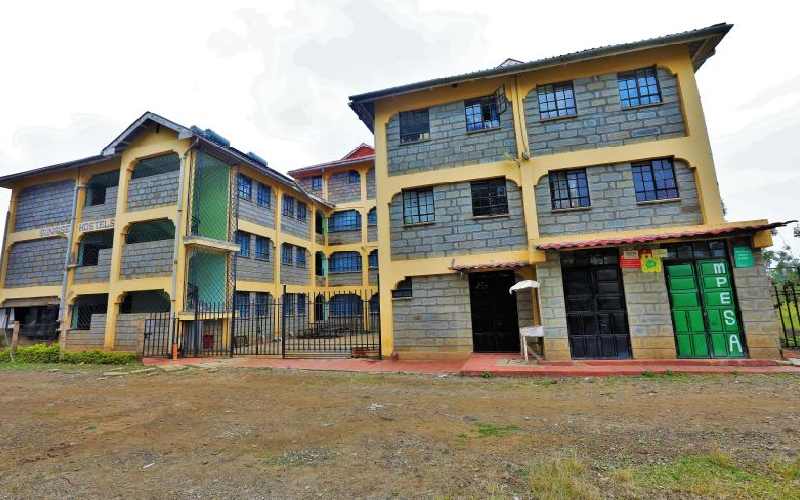×
The Standard e-Paper
Fearless, Trusted News

Sunrise hostels in Nyeri. [Mose Sammy, Standard]
The Covid-19 pandemic is posing a danger to the survival of small businesses, with more entrepreneurs expected to close shop.